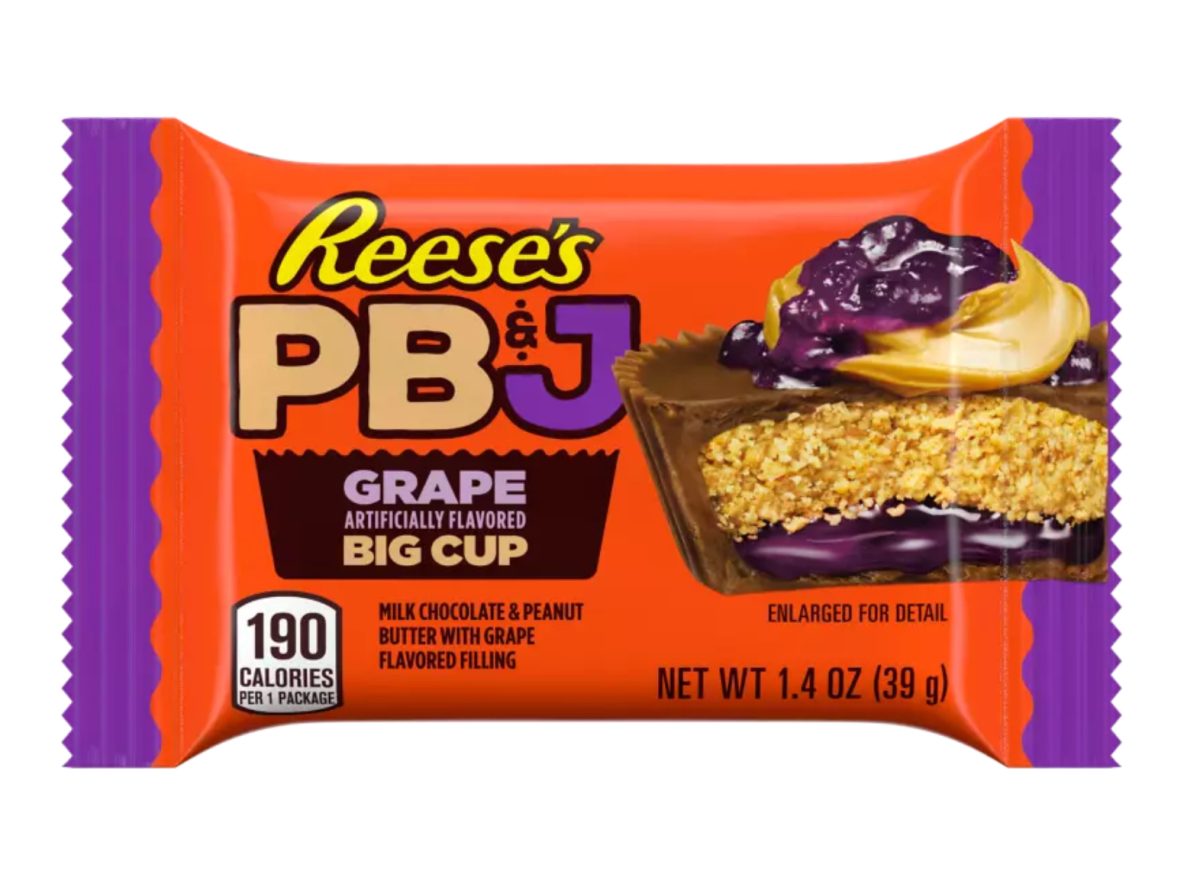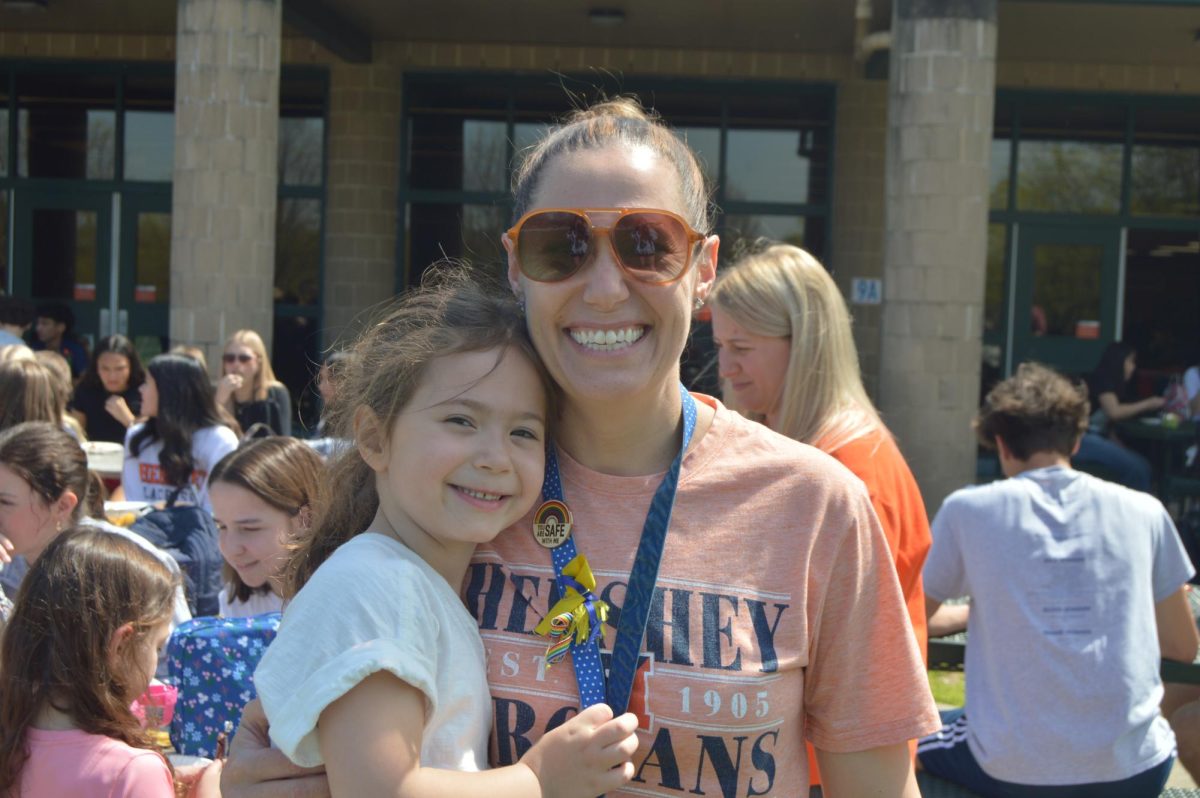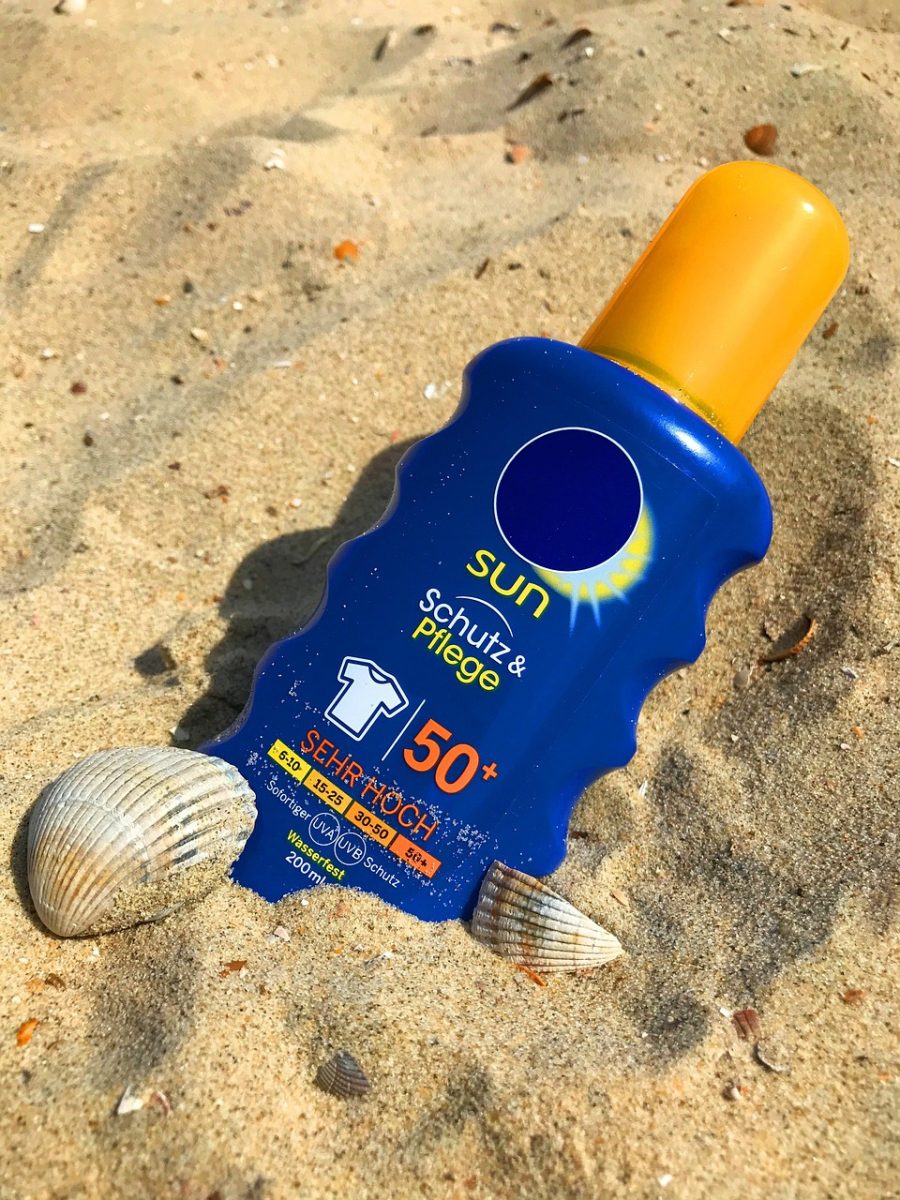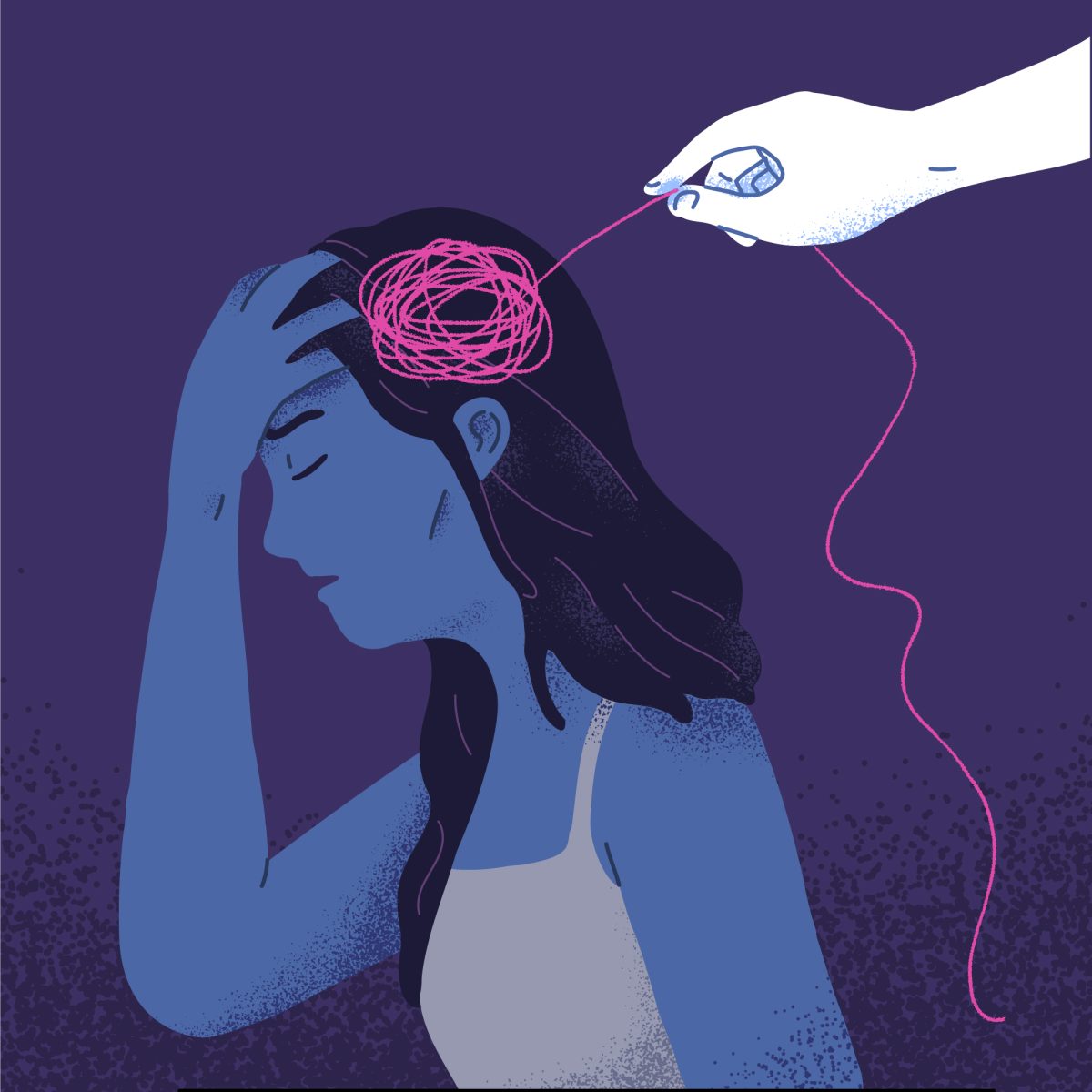By Maura Longenecker
Sometimes students eat breakfast, and sometimes they don’t.
Breakfast is important for everyone’s health, but Hershey High School students don’t tend to eat it every morning. However, there are options for students who don’t have time to sit down for breakfast.
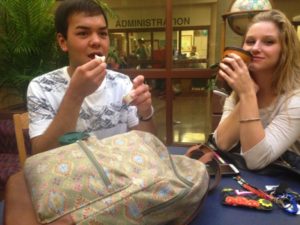
Tara Blackburn, the nurse at HHS, said, “I like to compare the body to a car.” She said that a car can’t run without fuel, and a body has to use more energy when it’s low on fuel, in this case, food. Blackburn said that usually people don’t eat while sleeping, and when they wake up, a significant amount of time has passed between meals. Therefore, they are low on energy.
Blackburn said, “Your brain requires sufficient nutrients to function normally, help memory, and boost awareness.”
There are some foods that provide more energy than others. Blackburn said it would be better if students lessened the “bad” carbohydrates, such as refined white sugar and high sugar sweetened drinks. Also, foods with a high sugar content have a higher glycemic index, so it affects the body by causing a spike and then a sudden drop in the blood glucose and insulin levels. She said that this causes a sluggish feeling.
“Beginning the day with a balanced breakfast with proteins, carbohydrates, and healthy fats,” Blackburn said, “sets you up for a good day.”
Tina Hornberger, a registered dietician with Pinnacle Health, has a similar approach to good breakfast habits. Hornberger said that the reason breakfast is important is because of what happens at night. She said that when people sleep, metabolism begins to slow down.
“Eating breakfast gets the metabolism going again,” Hornberger said, “which results in you feeling more energized.”
She said that students tend to do better on tests on days they eat breakfast. This is because breakfast helps with focus according to Hornberger.
As well as helping people focus, Hornberger also said that eating breakfast can help with weight management. “If you eat breakfast,” Hornberger said, “you are less likely to overeat at other meals later in the day.”
Even so, Hornberger said that about half of the teens she’s worked with skip breakfast. The two main reasons teens skip breakfast Hornberger said are are stressed or lack of time.
Hornberger said a study found that teens who were bullied were more likely to skip breakfast.
Another reason students may not eat breakfast, is that some people just don’t have the stomach for eating first thing in the morning. Hornberger said, “Waiting an hour or two after waking before eating breakfast is still okay.”
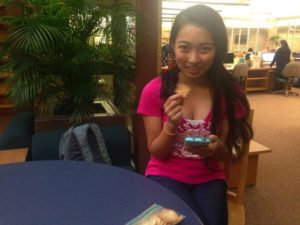
Kathy Li, a sophomore at HHS, said that she used to eat breakfast in the beginning of the year, but doesn’t anymore. As the school year goes on, Li said she has more homework and needs to study more. Therefore, since she studies in the morning, Li doesn’t have time to eat breakfast. Li said, “when the school year gets longer, you have more things to do.”
Li also doesn’t see breakfast as being very important. She said that she did feel more energized and awake on the days she ate breakfast, but other than that she didn’t see it as the most important thing. Li said, “If I have time to eat breakfast, I would be more well rested.”
Miah Cassidy, a sophomore at HHS, also doesn’t eat breakfast in the morning. Cassidy said, “I don’t have time for a huge breakfast because I have other things to do in the morning.” She said that as school goes on, she gets more homework and studying to do. Therefore, so she goes to sleep later. Cassidy said, “I’m too tired to eat breakfast in the morning.”
For those students who are in a rush and don’t have time to eat in the morning, Blackburn offered some options. She said that there are shakes and drinks that provide the needed nutrients for the day, as well as breakfast bars. Blackburn also said that the cafeteria offers breakfast for students in the morning.
For other options, Hornberger said, “Breakfast doesn’t have to be ‘breakfast’ foods.” She said that a healthy breakfast should include a fruit or vegetable, as well as protein-rich foods such as eggs, cottage cheese, or yogurt, and whole grains. Hornberger said that even grabbing a fruit, like an apple, or a granola bar, out the door would be better than nothing. She also said that some people make smoothies and and carry it with them.


